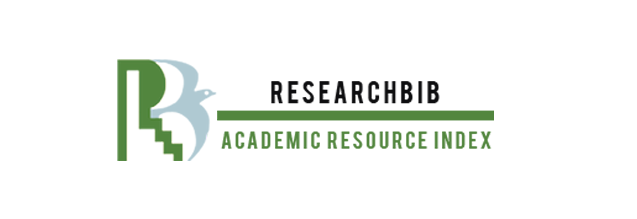Effects of continuous addition of urban waste compost on physical and microbial soil properties
Keywords:
soil density, soil aggregation, bacteria, actinomyces, fungi.Abstract
The addition of urban waste in the soils can promote environmental modifications. A field experiment on a soil (Paleudult) was carried out to evaluate some physical and microbiological characteristics after continuous applica- tion of doses of municipal solid waste (MSW) compost. Progressive doses of MSW compost (0, 20, 40, 80, and 160 t ha–1) and one dose of mineral fertilizer were tested on soil for a three years period. The results obtained showed that when the amount of compost increases, soil density decreases, whereas aggregates stability increases under rain until 80 t ha–1 of compost. The number of colony forming units of bacteria increased according to the compost dosage althou- gh the populations of actinomyces and fungi were not affected. In conclusion, the application of 80 t ha–1 of MSW com- post was the recommended dose for the maintenance of physical and microbiological characteristics of agricultural soil.
Downloads
Downloads
Published
How to Cite
Issue
Section
License
The authors declare that the work has not been previously published, nor sent simultaneously for publication in another journal and that they agree with the submission, content and transfer of the publication rights of the article in question to the scientific journal Pesquisa Agropecuária Gaúcha - PAG. The authors assume full responsibility for the originality of the article, and may incur on them any charges arising from claims by third parties in relation to the authorship of the article. The full reproduction of the journal's articles in other free-to-use electronic media is permitted under the Creative Commons Attribution-NonCommercial-ShareAlike 4.0 International license.



















